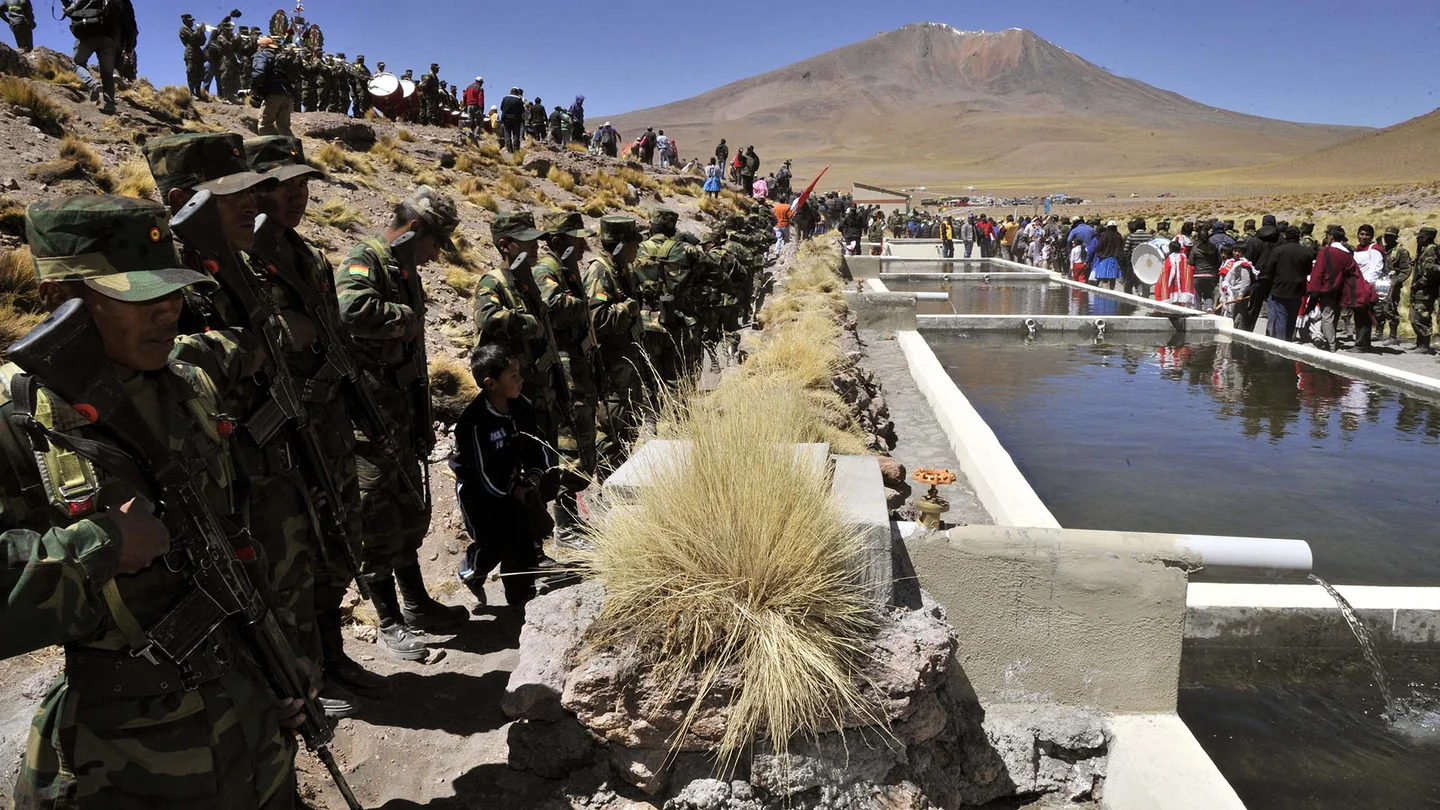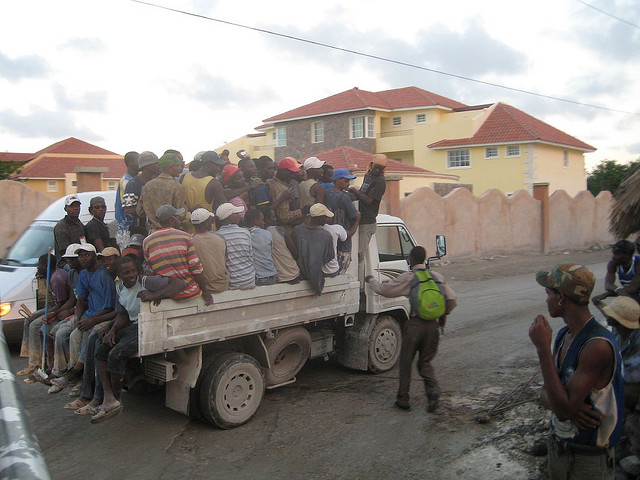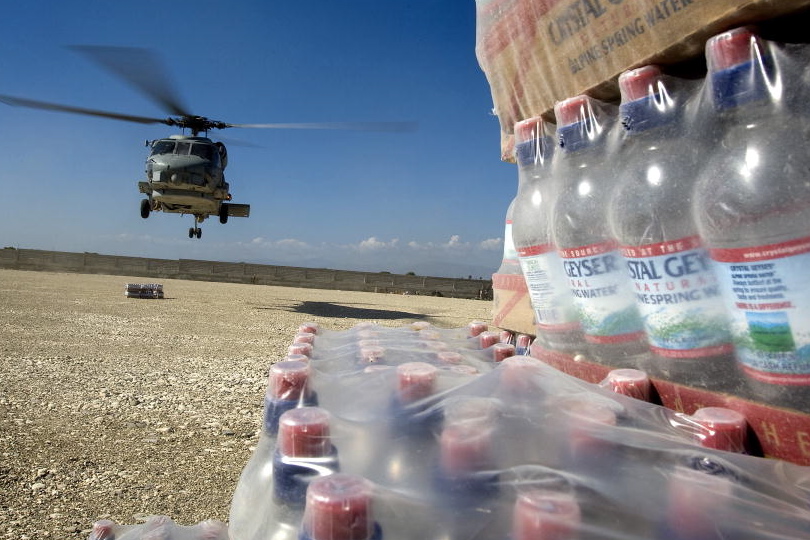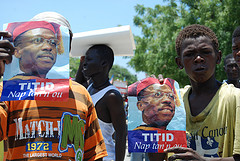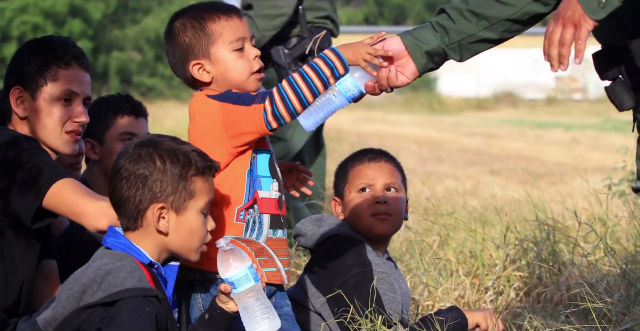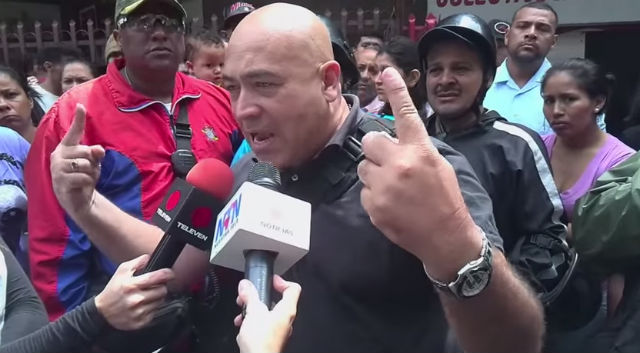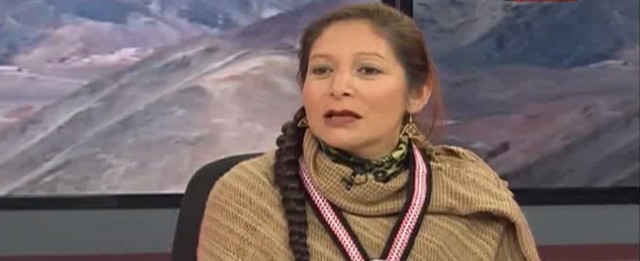
Chile, Latin America: Week in Review, Southern Cone
Chile Supreme Court Orders Halt to Mining Project
October 8, 2014 By Staff
Top Story – Chile’s Supreme Court has blocked the development of a gold and copper mine following an appeal by the Diaguita indigenous community. The court’s decision overturned a lower court’s rejection of the indigenous group’s appeal in April.
The El Morro mine, owned by Canadian giant Goldcorp, is worth about $3.9 billion. The Diaguita community argues that work on the mine could pollute a nearby river. The Supreme Court’s ruling on Tuesday revoked the mine’s environmental permit pending a consultation with members of the Diaguita community.
Chile is the world’s main exporter of copper, a product responsible for a third of the country’s economic output. The country also has the fourth-largest untapped gold reserves in the world, according to a 2012 estimate by the United States Geological Survey.
While Chile’s mining industry enjoys light regulations, indigenous communities and environmental activists concerned about the practice have made significant advances in the last few years.
This is the third time since 2012 that development on the El Morro mine has been brought to a halt, echoing last year’s halt to development on the colossal Pascua-Lama mine – one of the world’s biggest gold and silver mines – on environmental grounds. That mine remains closed. In addition to pressure from activists, that project has also been dogged by falling gold prices.
The global price of copper futures is currently at a six-month low, which didn’t stop a Canadian firm’s purchase, announced Monday, of a $1.8 billion dollar stake in the Candelaria and Ojos del Salado mines of northern Chile.
Headlines from the Western Hemisphere
North America
- Survivors of the Sept. 26 attack on students and soccer players in Guerrero state, Mexico, spoke with reporters about the details of the incident, blaming local police for the shootings and disappearances.
- Authorities in western Mexico have discovered two clandestine AR-15 rifle factories, apparently the first of their kind uncovered in the country.
- Eighty-five percent of the child migrants who recently crossed the U.S.-Mexico border showed up for their initial deportation hearings between July 18 and Sept. 30, according to the U.S.’ Executive Office of Immigration Review, despite the fact that the majority of guardians failed to report to immigration offices for their pre-trial dates.
Caribbean
- Dominican authorities are investigating the deaths of 11 infants in one weekend at a single hospital, which have been blamed on a malfunctioning oxygen system.
- Cuba’s Prensa Latina reports that Mexico has raised its quota for imported cigars and rum from the island nation.
Central America
- A high court official in Guatemala spoke out against the court’s “perverse” and “corrupt” system for selecting justices before resigning on Monday.
- Honduran police and U.S. anti-drug agents arrested another person wanted by the U.S. on drug charges Tuesday. Authorities have not ruled out a connection between him and the Valle Valle brothers, two accused traffickers detained last Sunday.
- Thousands of students protested in Costa Rica against proposed university budget cuts that threaten enrollment, hiring and scholarships.
- A major drought is devastating the livelihoods of farmers across Central America, reports digital news start-up Vocativ.
Andes
- CNN posted video of “GPS” host Fareed Zakaria’s Sunday interview with Colombian President Juan Manuel Santos, who touted his ongoing peace talks with leftist FARC guerillas as well as the country’s solid economic performance.
- Infamous Venezuelan terrorist Carlos the Jackal, already serving two life sentences for a string of attacks in France in the 1970s and ‘80s, will face yet another trial for two murders in 1974.
- A congressman from Colombia’s left-wing opposition filed criminal charges Tuesday against the country’s defense minister over the alleged practice of forced recruitment by the military.
- Peru’s currency, the sol, reached a new five-year low Tuesday. However, despite weakening growth, the country appears unlikely to face crippling inflation like Argentina or Venezuela.
Southern Cone
- A victory for presidential candidate Aécio Neves in Brazil’s runoff elections on Oct. 26 could mean a shift in the country’s foreign policy toward cooler relations with Latin America’s leftist governments, argues Andres Oppenheimer at the Miami Herald.
- At least five tankers loaded with liquified natural gas are sitting idle off Argentina’s coast following a milder winter than expected. The country lacks the infrastructure to store the gas, even though it is one of the region’s largest energy importers.
- Reynaldo Bignone, Argentina’s last military dictator, was sentenced to 23 years in prison for the kidnapping and torture of 32 factory workers during the “dirty war”. Bignone is already serving combined life sentences for other crimes against humanity.
Image: Youtube
Subscribe to Today in Latin America by Email
